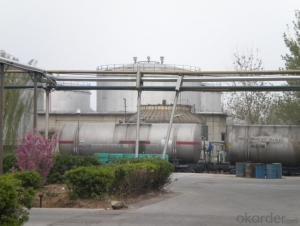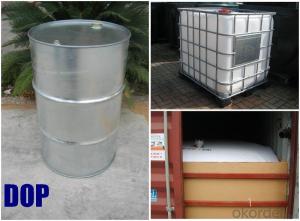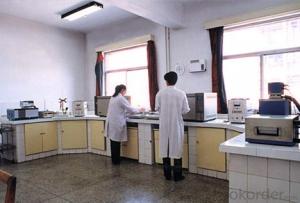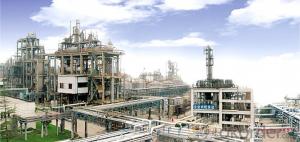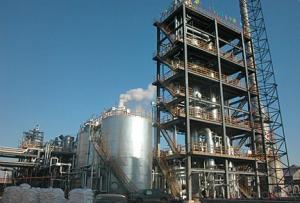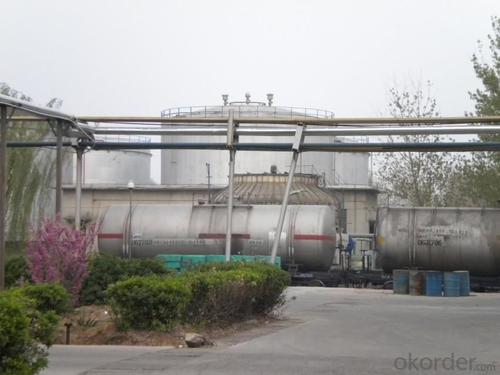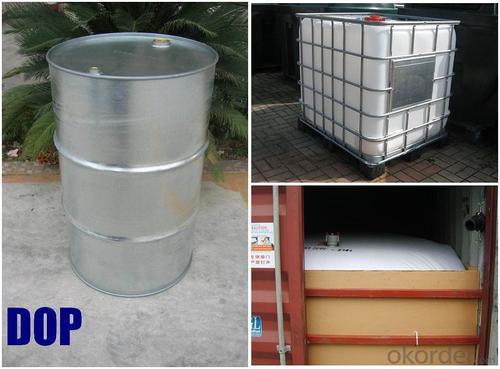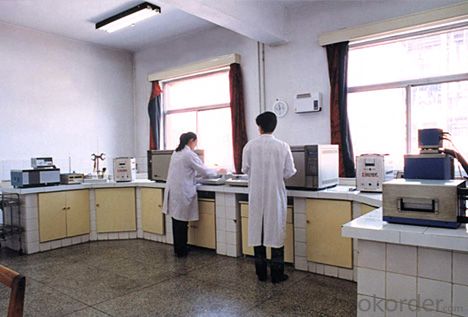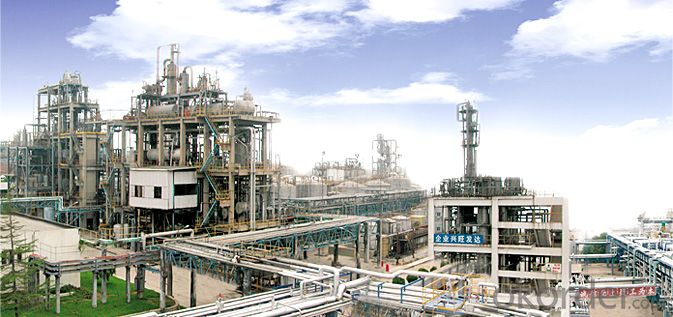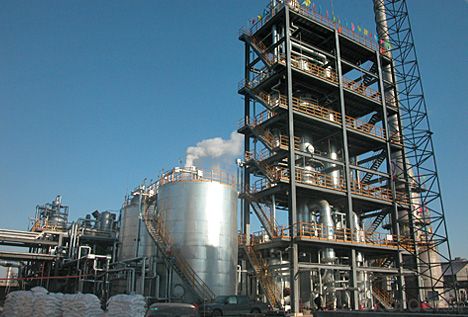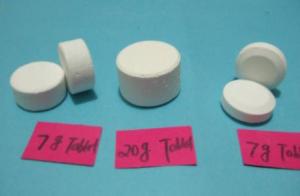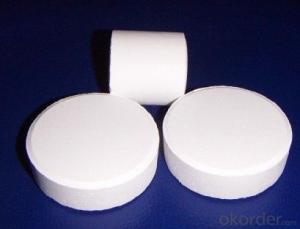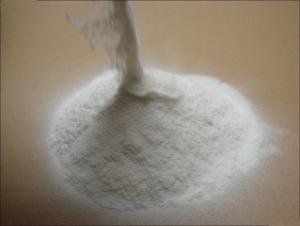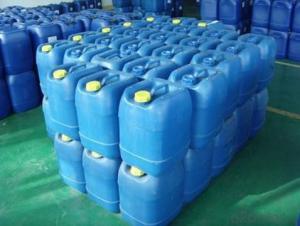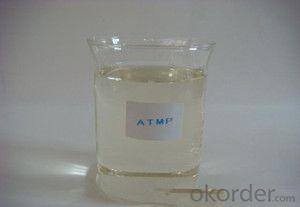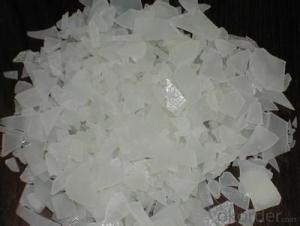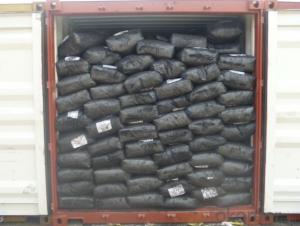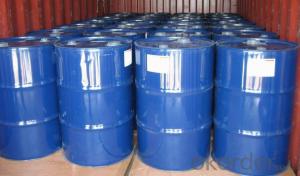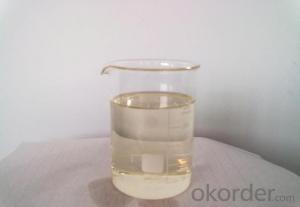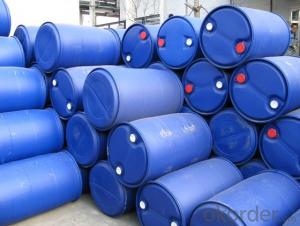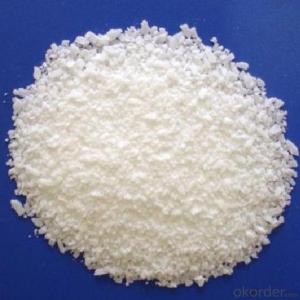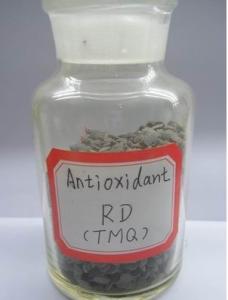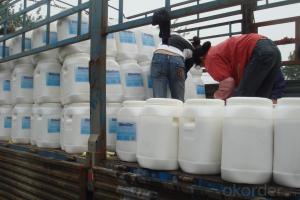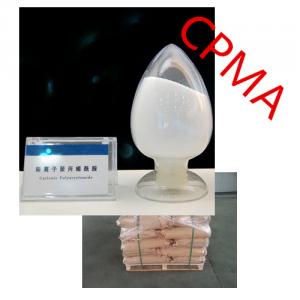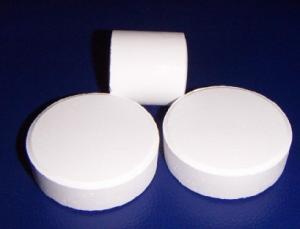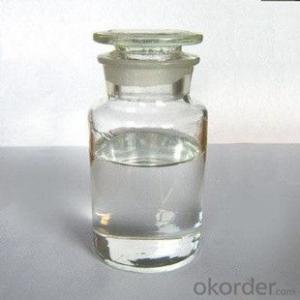Best Price for DOP Used for Rubber Industrial
- Loading Port:
- Tianjin
- Payment Terms:
- TT OR LC
- Min Order Qty:
- 20 m.t.
- Supply Capability:
- 8000 m.t./month
OKorder Service Pledge
OKorder Financial Service
You Might Also Like
DOP
Molecular Formular : C24H38O4
Molecular weight : 390.57
CAS No.:117-81-7
H.S Code : 2917.3200.00
EINECS No.: 204-211-0
Characteristics : Colorless transparent oily liquid, slight odor.
Processing : Injection Moulding
Application : It is one of the most extensively used plasticizers in plastics processing. It has comprehensive properties, such as high plasticizing efficiency, low volatility, UV-resisting property, water-extracting proof, cold-resisting property, and also good softness and electric property. As a fine main plasticizer, it is extensively used in processing polyvinyl choride and ethylcellulose resins to produce plastic film, imitation leather, electric wire, cable wearer, sheet, planet, mould plastic products and. Used in nitrocellulose paints, it can make the ethylcellu lose more elastic and more strong in extracting tension. It can be used as a softening agent of synthetic rubber, such as to make the product easier to rebound and harder to undergo form change under pressure, without affecting of the plastics.
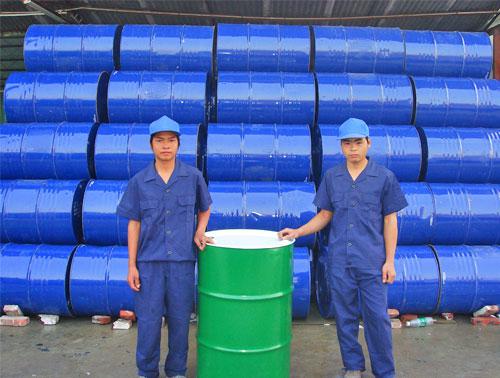
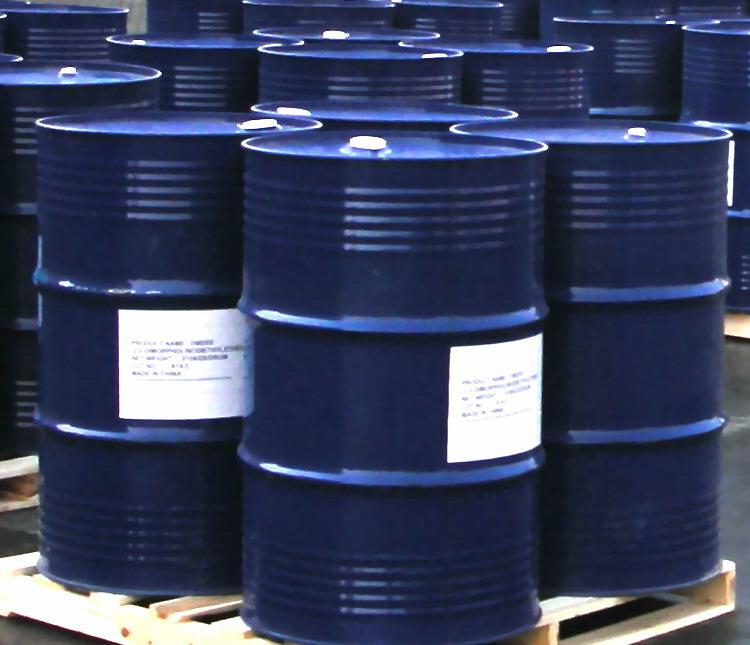
Specifications :
Quality Index | |||
Item | Value | ||
Super Grade | First Grade | Qualified Grade | |
Appearance | Oily liquid | ||
Color(APHA) ≤ | 30 | 40 | 120 |
PurityAs Ester% ≥ | 99.5 | 99.0 | 99.0 |
Acidity (benzene dicarbonic acid)g/cm | 0.01 | 0.015 | 0.03 |
Loss on dry (125oC3hr)%≤ | 0.2 | 0.3 | 0.5 |
Flash point(open)oC ≥ | 195 | 192 | 190 |
Density20,g/cm3 | 0.982-0.988 | ||
Volume Resistivity ΩM ≥ | 1.5×1011 | ||
Heat decrement % ≤ | 0.2 | 0.3 | 0.5 |
Water content,% ≤ | 0.1 | 0.15 | 0.15 |
Package and Storage :
Packed in 200KG/Galvanized Iron Drum or 1000kg/ISO TANK or flexibag container
Stored at dry,shady,ventilated place. Prevented from collision and sunrays,rain-attack during handling and shipping. Met the high hot and clear fire or contact the oxidizing agent,caused the burning danger.
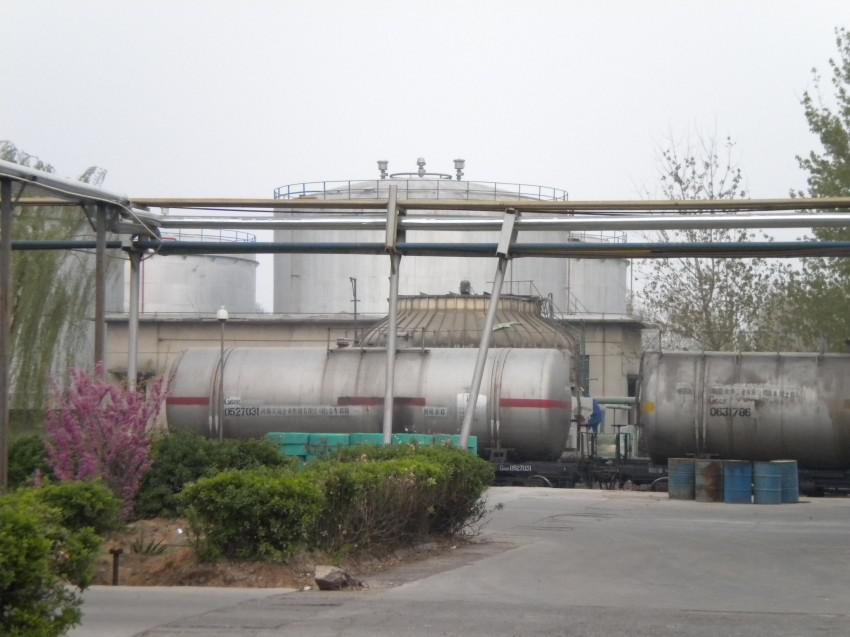
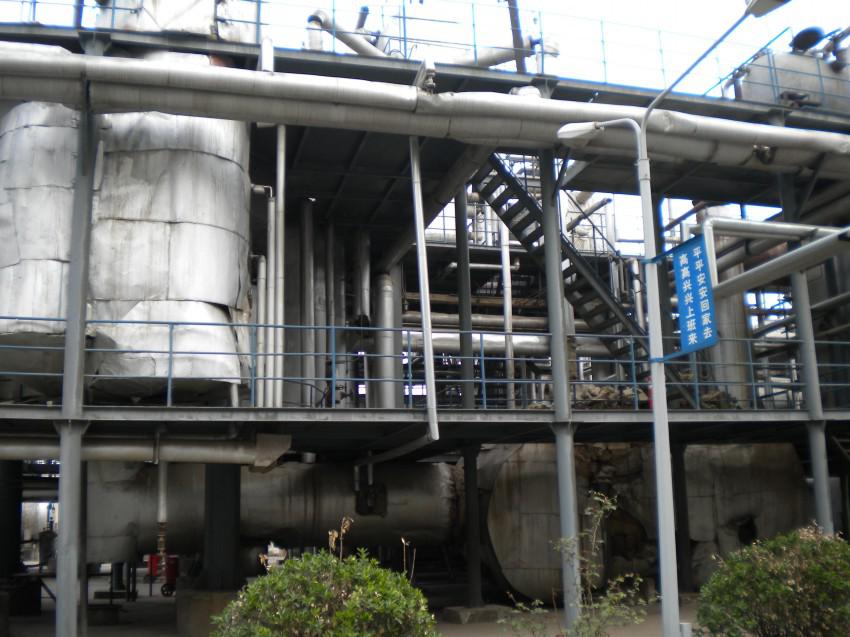
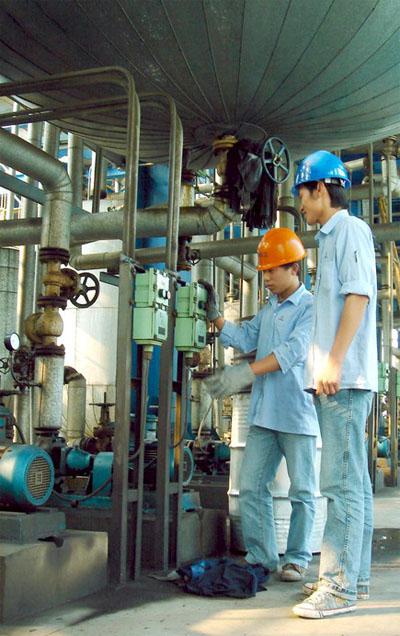
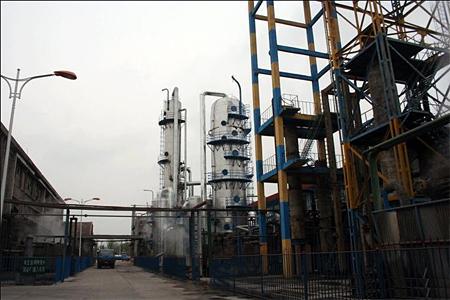
- Q: Have you Read it ? If SoCan You Think Of Any Good Group Discussion Questions ?
- yea is an extremely solid e book yet very tragic. there have been no longer any sesquipedalian words( clever and long ) and you are able to desire to get words u mite no longer understand wid counsel from contxt clues. have enjoyable!!
- Q: Is the catalyst used in the starch phosphate reaction
- (Cat1, cat2, cat4 and cat5) in the presence of terephthalic acid,
- Q: Chemical equation if there is a catalyst and heating, which write in the equal sign above, which written in the following? Tomorrow academic level test, solution
- At the same time, the catalyst is heated
- Q: Why the catalyst is required to have a large surface area and a rich pore structure
- Because of the chemical reaction, the larger the contact area, the faster the reaction rate, therefore, the catalyst has a large surface area or pore structure, are to increase the contact area of the catalyst and reactants.
- Q: Who knows hydrogen and nitrogen in the high temperature, high pressure and catalyst conditions for the synthesis of ammonia chemical equation ah? Urgent! The SOS
- 3H2 + N2 ===== 2NH3
- Q: In the chemical reaction will have to use the catalyst reaction, such as H2O2 === (MnO2) H2O + O2 ↑, then the catalyst in the end to participate in the reaction (that is, the catalyst itself is the reactant) If so, why are some of these substances in the reaction (these substances refer to the catalyst) in the reaction after the quality and nature of the change does not change?
- In the chemical reaction can change the chemical reaction rate of other substances (both can also improve), and its own quality and chemical properties in the chemical reaction before and after the material did not change called catalyst (also known as catalyst)
- Q: How to poison the catalyst. What can be done?
- In the reactants or catalyst mixed with a small amount of material, so that the catalyst catalytic capacity of a sharp decline or even loss, this phenomenon is called catalyst poisoning. For example, in the synthesis of ammonia feed gas containing CO, CO2 and H2S, PH3, water vapor and other impurities, can make iron catalyst poisoning; contact with the system of sulfuric acid, if arsenic and selenium oxide (As2O3, SeO2), can make vanadium catalyst Loss of activity. Therefore, it is necessary to purify the feed gas, prevent the poisoning of the catalyst, and also reduce the corrosion of the equipment. The phenomenon of catalyst poisoning is sometimes temporary, the removal of toxicants, the effectiveness of the catalyst can still be restored; sometimes it is permanent, without chemical treatment can not restore catalytic performance.
- Q: put in a way that a freshman in high school can understand please =)
- enzymes are biological catalysts catalysts and enzymes speed up a reaction without being used up
- Q: An important property of the catalyst is that the reaction equilibrium is not changed while increasing the forward reaction rate and the reverse reaction rate. However, because the enzyme for the specificity of the substrate, is not almost every reaction by the enzyme are one way to do it.
- In biochemical reactions, most appear to be positive / inverse reaction combinations, in fact there are differences in peripheral product / energy offerings. In addition to the molecules of interest, there are many other small molecules involved in the reaction, and these small molecules in the forward or reverse reaction in the transformation is not completely mutually negative. Even for the same reaction, since the corresponding substrate may be removed in the subsequent step and the pulling balance occurs, it is also possible that the forward or reverse direction can occur. Decisive factors usually come from the surrounding other enzymes, coenzymes, small molecules concentration.
- Q: Can you describe at least 4 ways a catalyst can lower the activation energy of a reaction?
- To see how a catalyst accelerates the reaction, we need to look at the potential energy diagram shown below which compares the non-catalytic and the catalytic reaction. For the non-catalytic reaction, the figure is simply the familiar way to visualize the Arrhenius equation: the reaction proceeds when A and B collide with succificient energy to overcome the activation barrier. The change in Gibbs free energy between reactants, A + B, and the product P is delta G. The catalytic reaction starts by bonding of the reactants A and B to the catalyst, in a spontaneous reaction. Hence, the formation of this complex is exothermic and the free energy is lowered. There then follows the reaction between A and B while they are bound to the catalyst. This step is associated with an activation energy; however, it is significantly lower than that for the uncatalyzed reaction. Finally, the product P seperates from the catalyst in an endothermic step. The energy diagram illustrates 4 ways the catalyst works : The catalyst offers an alternative path for the reaction that is energetically more favorable The activation energy of the catalytic reaction is significantly smaller than that of the uncatalyzed reaction; hence the rate of the catalytic reaction is much larger The overall change in free energy for the catalytic reaction equals that of the uncatalyzed reaction. Hence, the catalyst does not affect the equilibrium constant for the overall reaction. A catalyst cannot change the thermodynamics of a reaction but it can change the kinetics. The catalyst accelerates both the forward and the reverse reaction to the same extent. In other words, if a catalyst accelerates the formation of product P from A and B, it will do the same for the decomposition of P into A and B.
Send your message to us
Best Price for DOP Used for Rubber Industrial
- Loading Port:
- Tianjin
- Payment Terms:
- TT OR LC
- Min Order Qty:
- 20 m.t.
- Supply Capability:
- 8000 m.t./month
OKorder Service Pledge
OKorder Financial Service
Similar products
Hot products
Hot Searches
Related keywords
